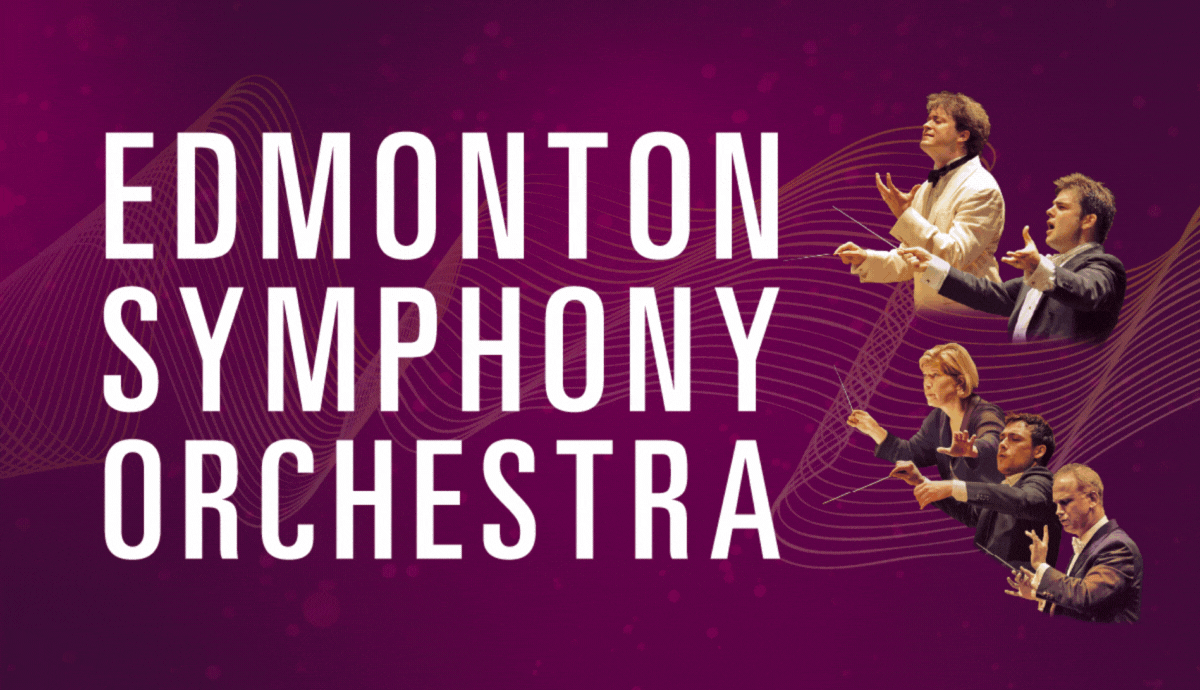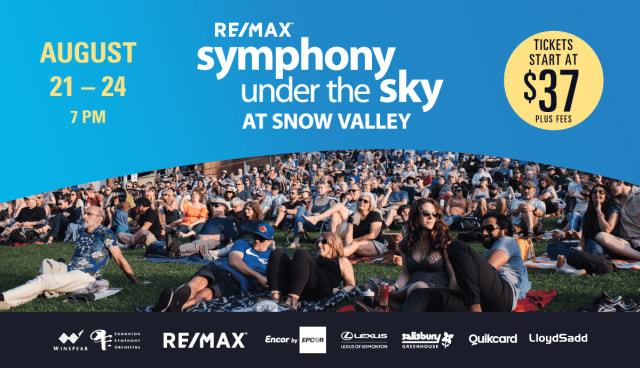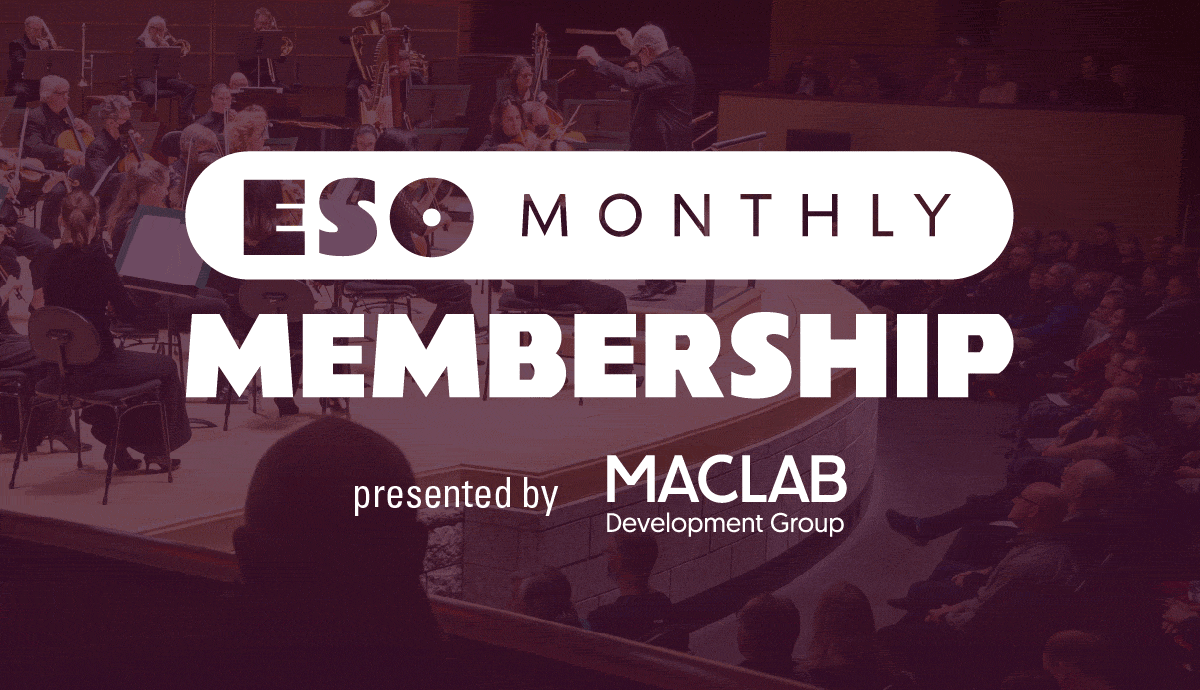Clash of the Titans
January 9, 2024

By D.T. Baker
Labelling Mark McDonald’s upcoming organ recital on the Winspear Centre’s Davis Concert Organ is so easy, it almost writes itself. The idea of “Clash of the Titans” is just so obvious, any first-year English major could come up with it. And in my defense, I was, once, a first-year English major. So let’s go with it.
Titan number one, of course, is the organ itself. “I know a lot about the Davis Concert Organ from afar,” says McDonald, from his home in Victoria, B.C., where he is the Instructor of Organ at the University of Victoria. “I was a student when it was installed, so I followed the construction – a lot of people did, because it’s not that many times in someone’s lifetime that a new concert organ is built. So I certainly have watched it from afar, and listened to recordings and videos, so now to have the chance to come see it, I’m really excited, actually.”
That’s part of the life of an organist. You can’t bring your own instrument along with you, so you relish opportunities to tackle an instrument you’ve never played. “As organists, we’re all pilgrims, we’re always moving from place to place to experience these instruments,” McDonald says. “They’re all different from each other, they all have special meaning or unique sounds, unique acoustics. It’s a small world, and everyone in it is an explorer.”
You’d be hard pressed to rattle off a list of millionaire organists, so it’s fascinating to discover that McDonald’s entry to the organ world was actually an opportunity to make money. “I was a piano player growing up (in Burlington, Ontario), so in high school, I was playing piano in the school musical (it was Footloose, if you must know), and one of the students in the musical, her mother was a United Church minister, and she called the school office and asked ‘Who was that piano player? We need an organist for our church.’ So I got called to the principal’s office – I thought I was in trouble – but in fact it was this church, which said they wanted to pay me to learn how to play the organ. So, I said, ‘OK, I’ll take the money!’”
McDonald originally pursued composition (Queen’s University, then McGill), but his ability on the organ led to a scholarship, which led to studies, which has brought him, at last, to the Davis Concert Organ. And that brings in Titan number two. McDonald’s performance in February will be an organ transcription of one of the most famous and marvellously scored orchestral works: The Planets, by Gustav Holst.
“I’ve always loved The Planets – the amazing quality of the orchestra – even as a child, I remember being enthralled by the various movements,” McDonald enthuses. “This transcription is by Peter Sykes – he’s an organist and harpsichordist from the eastern U.S. This transcription (has) been so successful – it’s so amazingly beautifully done. He has an exacting standard with everything, so there’s very little left out, and when you do need to do some adapting for the organ, he does it in a really ingenious way. So there’s very little about the transcription that I’ve had to adapt for myself, a few little things here and there.”
The seven-movement suite, which premiered as an orchestral work in 1918, is Holst’s artistic interpretation of the planets then known at the time (Earth was left out of Holst’s piece). It was written for a large orchestra and is regarded as one of the great orchestral works of the 20th century. The vast resources available to an organist makes the transcription an enticing work.
But because every organ is different, a major part of McDonald’s task in realizing the piece is getting the organ ready – the registrations, the mechanics, the acoustics – and there’s never enough time, he admits. “I wish I had weeks and weeks to get this program ready, but I’ll just have a few hours,” he explains. “And in that time, I’ll have to sort of cram a lot of stuff in. But when you’re getting to know a new organ, first of all you can learn a lot by reading the specifications and knowing a little bit about the organ builder and what kind of styles they were going for before you get there, and do some planning. But once you’re on the ground, it’s really about listening, figuring out how the registers interact with each other, how it works in the room, how things balance between divisions – that all has to be done on-site.”
Sykes’ transcription, as ingenious as it is, presents just enough of a challenge for a solo performer that McDonald is enlisting the help of Edmonton mainstay Jeremy Spurgeon to provide some assistance. “More than he probably realized he was getting into,” McDonald says, laughing. “When I said that Peter was very uncompromising in his transcription, that’s most apparent in the final movement, Neptune. And I think he realized early on in the transcription that it was not going to be possible for one person with two hands and two feet to do. So, he added a whole second organist part. I’m playing the lower part, the more intricate part with the celesta and the harp and things like that, with the big organ pedals. And Jeremy will play all the accompaniment sounds – the luscious strings, the woodwinds, things like that. In the final section of Neptune, everything combines and that’s where both organists have to get involved, and I think at one point, we’re on four different keyboards all at the same time.”
Organs such as the Davis Concert Organ are as much architectural and technological edifices as they are musical ones. Their ability to create the power and range of an orchestra make transcriptions of orchestral works such as The Planets almost a given. And McDonald confesses it’s pretty cool having an orchestra in your hands and feet. “What an egomaniac,” he jokingly calls himself. “I mean, it really is such an amazing feeling to have the sound of an entire room around you. These instruments are practically buildings in themselves, with all those colours of the orchestra. Transcriptions lend themselves so well to the organ, and to be able to do that, you feel like you’re a conductor, putting all these colours together, deciding how they’re going to interact – I love that.”
McDonald Plays The Planets takes place on February 27, 2024, at 7:30 PM. Tickets start at $28. Get yours by clicking here.



